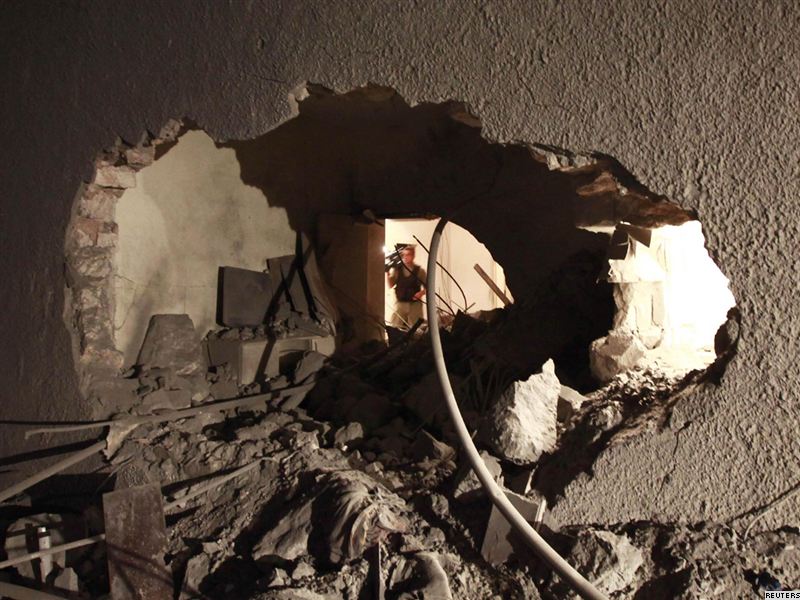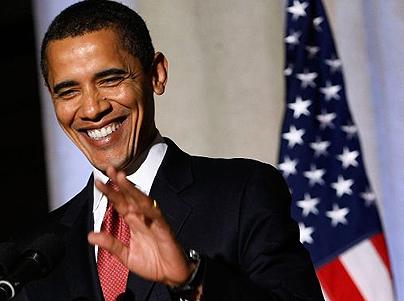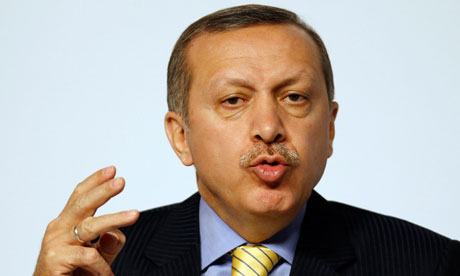NATO Air-Strike Kills Gaddafi’s Son
Amnah Khalid, BeyondHeadlines In a NATO air strike, Gaddafi's son Saif al-Arab,29,…
NATO Set to Promote Libyan Mission With Lingering Rifts
BERLIN, April 15 (Xinhua) -- Two days of NATO foreign minister meeting…
NATO Assumes Leadership Over Libya Operations
BRUSSELS, March 31 (Xinhua) -- NATO assumed the leadership over all combat…
World Powers to Discuss Libya’s Future
Foreign ministers and global organisations meet in London as US and UK…
Controversy Remains After Obama’s Defending on Libya Operations
WASHINGTON, March 28 (Xinhua) -- Though U.S. President Barack Obama took 27…
Turkey and France Clash Over Libya Air Campaign
Tension mounts over military action as Ankara accuses Sarkozy of pursuing French…





